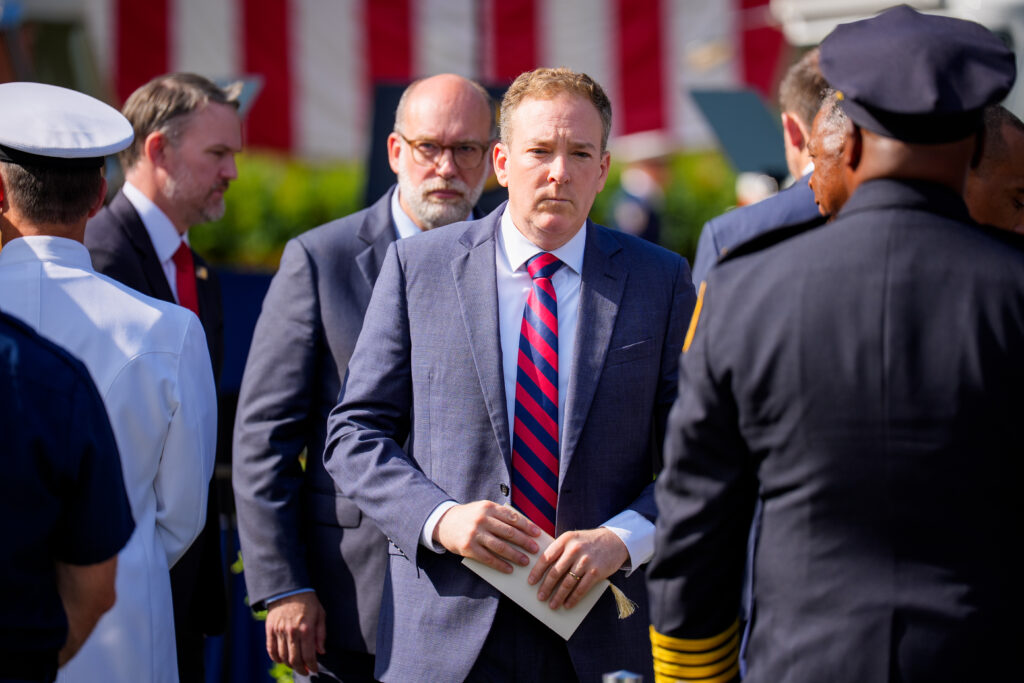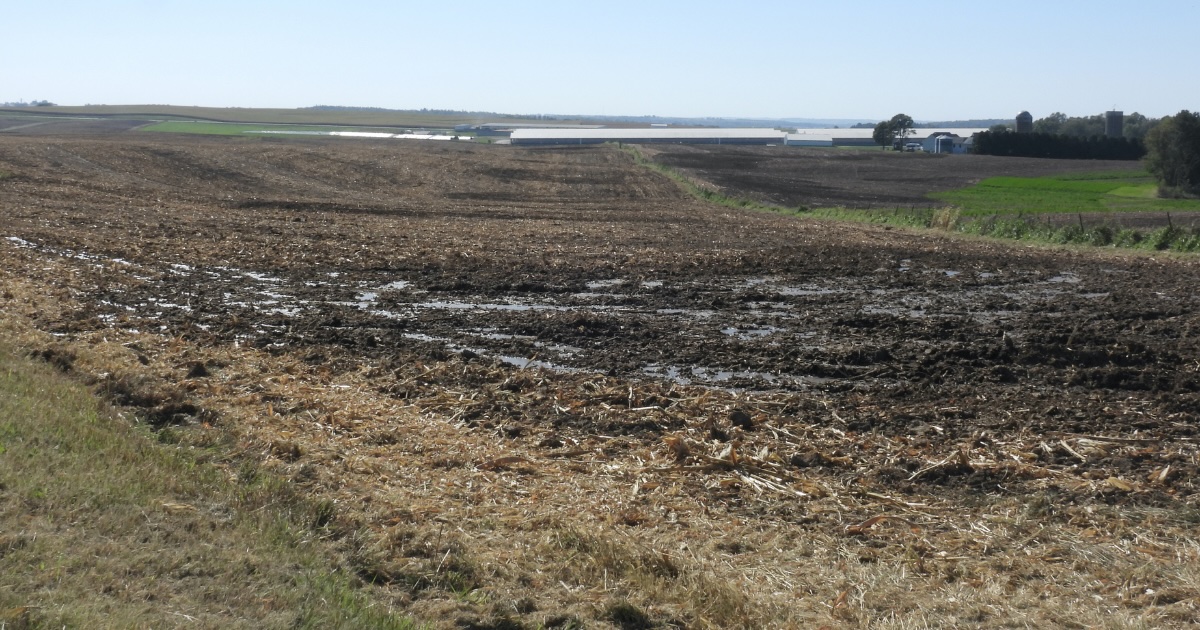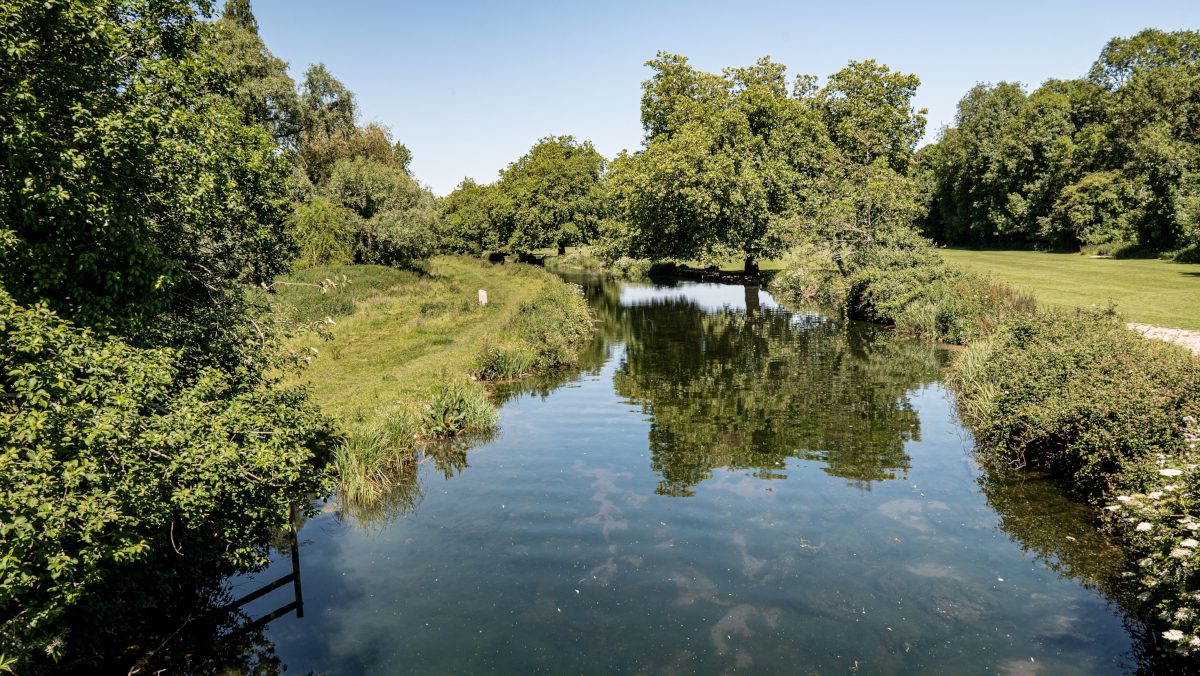The women had come from across the world, convening at the United Nations Plaza to share the struggles they’d faced reclaiming ancestral lands, fighting pollution from extractive industries and employing Indigenous knowledge to counter the climate crisis.
“Our traditional knowledge systems are powerful,” said Aimee Roberson, a citizen of the Choctaw nation of Oklahoma and the executive director of Cultural Survival, an Indigenous advocacy group. “We draw on the strength of our ancestors, whose persistent resistance to oppression, greed and extractivism ensured that we are here today.”
Roberson spoke during the United Nations Permanent Forum on Indigenous Issues this week at an event hosted by the Women’s Earth and Climate Action Network. Indigenous women had come—from Kenya and Tanzania, Siberia and the Onondaga Nation in upstate New York and beyond—to describe the connection between ancestral lands and Indigenous cultures and to advocate for free, prior and informed consent.
It is a principle, enshrined in various international treaties but often violated, that gives Indigenous peoples the right to give or withhold their consent for any action that would affect their lands or rights.
We’re hiring!
Please take a look at the new openings in our newsroom.
See jobs
For Betty Lyons, the executive director of the American Indian Law Alliance and a citizen of Onondaga Nation, the struggle is historic—and ongoing. The shores of Onondaga Lake, her people’s sacred lake, is where five warring Indigenous nations—the Onondaga, Mohawk, Oneida, Cayuga and Seneca—came together over 1,000 years ago.
Today, the lake is a Superfund site, heavily polluted by sewage discharges and industrial waste. More than 1,000 acres of land were returned to the Onondaga Nation in the nearby Tully Valley in 2022 in an attempt to address the damage. The lake cleanup was accelerated by funds from the Bipartisan Infrastructure Law and is still in progress.
Whitney Gravelle, president of the Bay Mills Indian Community in Michigan, described another real-time challenge involving Enbridge’s Line 5, an oil pipeline that cuts under the Straits of Mackinac, a waterway that connects Lake Michigan and Lake Huron. Her community is concerned about the possibility of an oil spill in the area.
In 2010, in the Kalamazoo River, which branches out from Lake Michigan, another Enbridge pipeline burst—dumping over 1 million gallons of oil into the river in one of the largest inland oil spills in this country’s history.
Under President Donald Trump’s “Energy Emergency” executive order, permits for the Enbridge Great Lakes Tunnel Project—a tunnel that would also run beneath the Straits of Mackinac and would encase the Line 5 pipeline—have been fast-tracked.
“Our entire being and understanding is interwoven into the landscape,” said Gravelle, “from where we go fishing with our elders, or where we hold ceremony, or how we pray, or how we perform ceremony for our youth when they’re coming of age.”
Indigenous rights are inseparable from the lands on which the people live, Gravelle and Lyons explained. And damage to the environment complicates Indigenous communities’ ability to stay connected to their history and culture, they said, describing what ultimately called them—and their people—to action.
Globally, violence is also often a feature of Indigenous people’s struggle to reclaim their ancestral land. Cindy Kobei, a member of the Ogiek people in Kenya, described how she has been fighting through legal challenges to help her community reclaim the Mau forest. In a 2017 African Court on Human and Peoples’ Rights ruling, the Ogiek were recognized as ancestral owners of the forest, but evictions and even deaths persist there.
Indigenous knowledge, many of the speakers said, is essential for the conservation of these lands. Indigenous rights, meanwhile, are central to climate resilience and environmental protection, the Women’s Earth and Climate Action Network said in a policy brief on Earth Day.
The Indigenous way of life and the knowledge it brings is also integral to human dignity, said Paine Eulalia Mako, who is from an indigenous pastoralist community in Tanzania and the executive director of the Ujamaa Community Resource Team.
Many of the communities she helps, which also include hunter-gatherers, have been continuously displaced since the creation of the Serengeti National Park. To date, she has been able to secure 3 million hectares of land for those communities—but it is not just in service to them.
“We care about nature, and so we ensure that there is connectivity in land titles so that communities continue to move from place to place to allow land to regenerate, but also to allow space for wildlife to move in and out of our lands,” said Mako.

The event’s final speaker, Casey Camp-Horinek from the Ponca Nation in Oklahoma, has been a crucial supporter of the rights of nature movement—the principle that ecosystems and wildlife have rights, just like humans.
In 2018, she said, the Ponca Nation passed its own statute recognizing this principle, declaring that “the inherent rights of nature are inalienable in that they arise from the same source as existence.”
Galina Angarova, who’d come from Siberia representing the Buryat peoples, advocated hope as a way forward.
“It’s not a time to despair, it is a time to press our palms to the soil, to dream in the language of our ancestors and to plan visions no regime can uproot,” Angarova said as she recited a poem written anonymously by someone in her community. “The cracks are widening, and we say, let them. We are nature, and what we birth will outlive empire.”
About This Story
Perhaps you noticed: This story, like all the news we publish, is free to read. That’s because Inside Climate News is a 501c3 nonprofit organization. We do not charge a subscription fee, lock our news behind a paywall, or clutter our website with ads. We make our news on climate and the environment freely available to you and anyone who wants it.
That’s not all. We also share our news for free with scores of other media organizations around the country. Many of them can’t afford to do environmental journalism of their own. We’ve built bureaus from coast to coast to report local stories, collaborate with local newsrooms and co-publish articles so that this vital work is shared as widely as possible.
Two of us launched ICN in 2007. Six years later we earned a Pulitzer Prize for National Reporting, and now we run the oldest and largest dedicated climate newsroom in the nation. We tell the story in all its complexity. We hold polluters accountable. We expose environmental injustice. We debunk misinformation. We scrutinize solutions and inspire action.
Donations from readers like you fund every aspect of what we do. If you don’t already, will you support our ongoing work, our reporting on the biggest crisis facing our planet, and help us reach even more readers in more places?
Please take a moment to make a tax-deductible donation. Every one of them makes a difference.
Thank you,

















